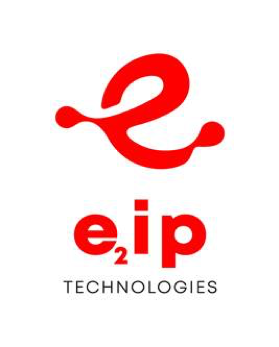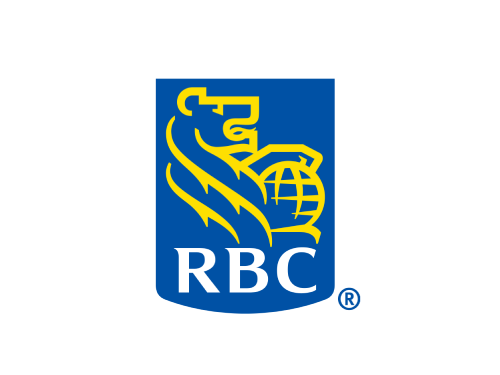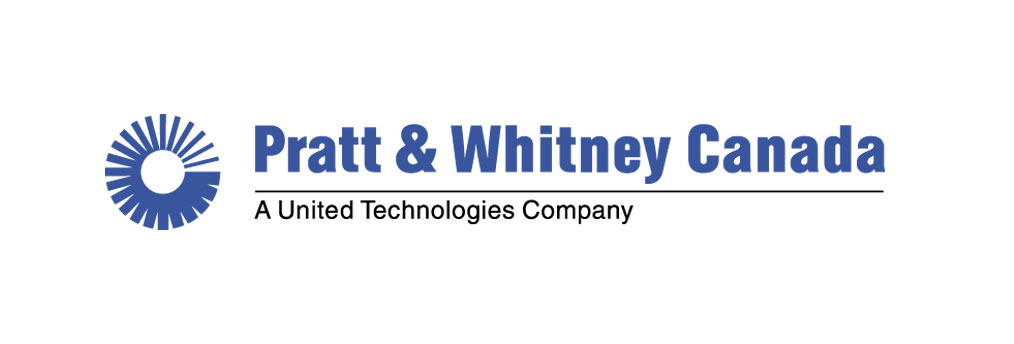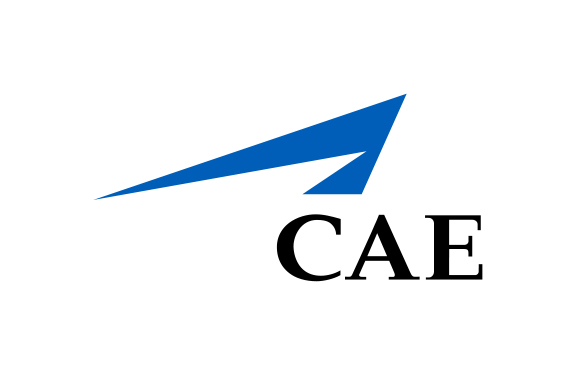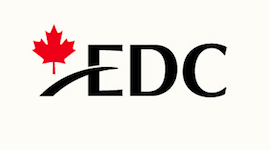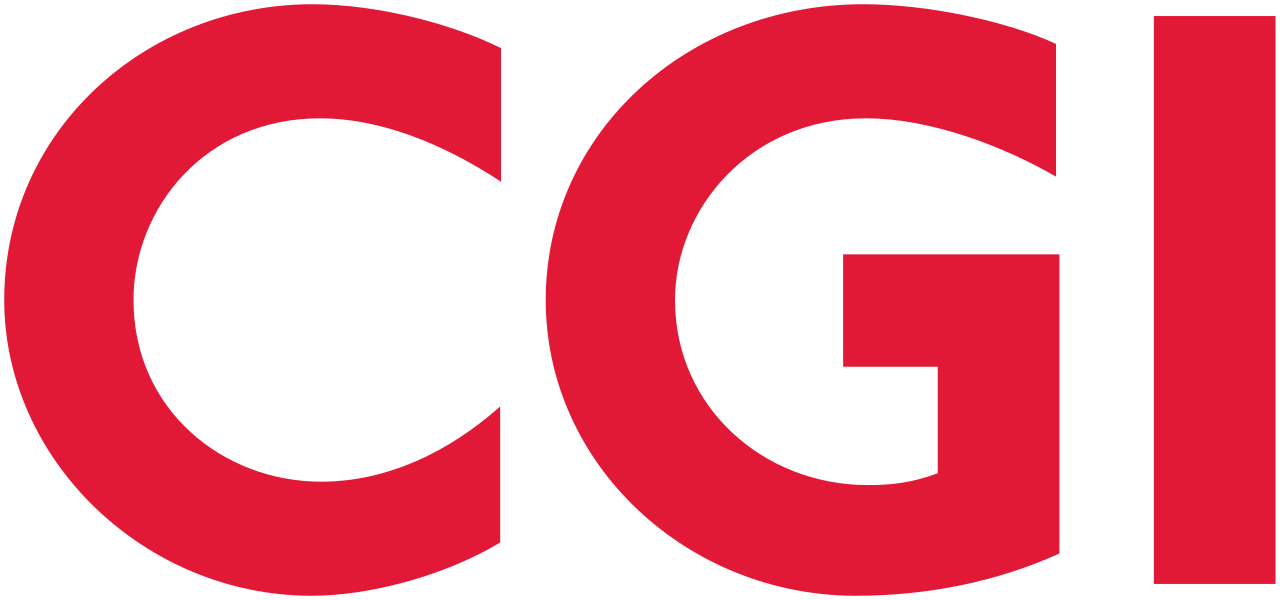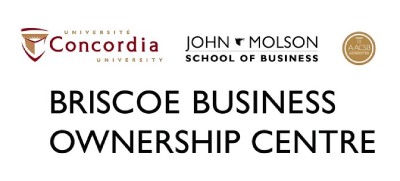UQAM takes MBA title
[img_assist|nid=715|title=|desc=The team of students from the Université du Québec à Montréal were the top winners at this year’s MBA Case Competition held last week at Concordia. The winners are Guy Bérard, left, Paul Doucet, fourth from the left, Chantal Thérriault, fifth, and Normand Allaire, sixth. The coach, Prof. Yvan Allaire, and his wife, Ermina Allaire, are with the students. (photo: Roger Breton)|link=node|align=center|width=640|height=443]
By Susan Gray
Hundreds of people turned out to attend the finals of the Concordia Annual MBA Case Competition last Saturday. Members of the public joined people from visiting and local teams to watch the three finalists compete. Université du Québec à Montréal, Concordia and Memorial University took first, second and third places respectively.
There was excitement in the air as Arthur Earle, Senior Vice-President, Development and Research, Dominion Textiles and one of the Competition’s judges, pulled the names of the teams from the Concordia cup in order to determine the order of the presentations. Following the official Competition rules which state that the teams not presenting leave the room, the Concordia and
UQAM teams left while Memorial prepared to give the first 30 minute oral case analysis. Apart from Earle, the judges for the Case Competition were Jean-Paul Camire, Vice President, Robin Hood Multifoods, David Goldman, Vice President, Operations, Noranda Inc., Luis G. Monton, Vice President and General Manager, Celanese Canada, CFF Division, and Mariette St. Germain, Director of Strategic Planning, Les Cooperants.
Joanne Desrochers, from the Université de Laval’s team, spoke for many of the students participating in the competition at large when she said, “I think this competition is an excellent way of testing different universities as it emphasizes orally defending things to members of the business community. This is definitely an element missing in academia.” The test case, which all finalists had seen for the first time that morning, involved a real company, Mother’s Restaurants, which serve Italian food and are based in Hamilton, Ontario and Mother’s wholly-owned subsidiary, Brockley Fine Foods (BFF). As on the Thursday and Friday preceding the final Competition day, team members had only a few hours to arrive at a solution for the problems befalling the test company and structure their ideas in order to facilitate an oral delivery. Interestingly, the competing universities all presented differing viewpoints on how BFF’s manager should resolve his problems, although there was some overlap between some of the propositions put forth during the afternoon.
Memorial’s team divided their oral presentation among the four finalists present. While listing six alternative solutions for the company’s problems, they agreed that only one was a viable solution – having BFF move into new premises which they would also buy.
UQAM followed Memorial with a dynamic presentation in which only two of their team members spoke. Unlike the Memorial team, which used minimal notes on their overhead acetates, UQAM employed detailed charts as part of their complex plan for the reworking of the BFF operation. UQAM’s proposals emphasized marketing strategy and suggested BFF lessen the amount of products produced and concentrate on establishing a firm market in Toronto before expending its energy on a roll-out market. Extremely smooth performances by Paul Doucet and Normand Allaire served UQAM well, as part of the judges’ criteria involved style of delivery. As judge Monton remarked after the competition, “They used a more latin approach – a broad and far-reaching visionary style, which is based on their cultural style.”
Concordia’s solution was to have Mother’s allow BFF to operate as an autonomous system that could sell their products to outside customers. Concordia’s presentation, which involved all four team members, represented a middle ground between Memorial’s and UQAM’s in terms of the degree of change proposed, the detail of the acetate charts and the dynamism of the presentations overall.
Following the three presentations was a 45 minute question period when the judges posed challenging questions to all the team members, who were by then seated on the stage together. Then the proceedings were closed by Alison Roms and Brian Couture, two Concordia MBA students who hosted the entire afternoon. Roms was one of the 12 MBA students who were on the original team from which the four contenders were chosen. The others were Marie Lafleur, Neil Abbott, Allen Barabas, Michael Cook, Stephen Greenburg, Robert Persiko and Khanh Ba Nguyen. The four finalists were Norah Flaherty, Nicholas Brown, Christian Findlay and Pierre Gallopi.


